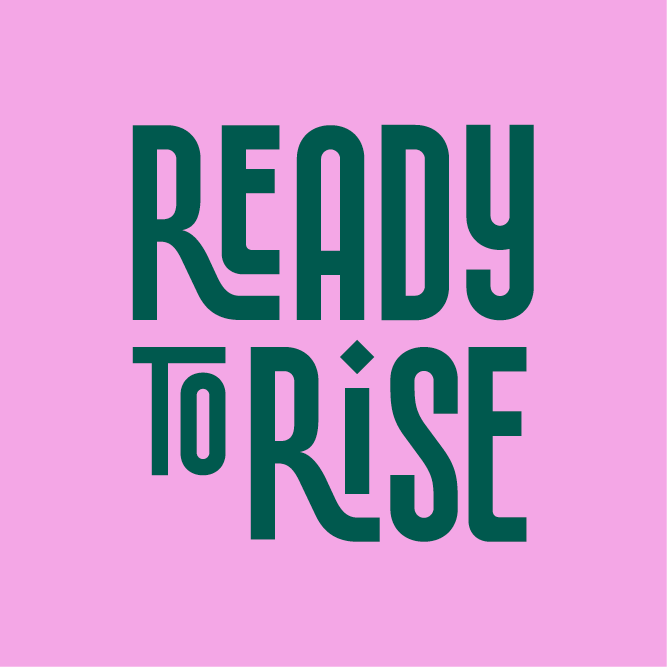10 things to know before starting therapy
- Kelsey Pringle
- Jul 28, 2024
- 3 min read
Therapists do therapy daily, and we feel comfortable with the process and the therapy room. Here’s 10 things to know before you start therapy.
I hope it makes you feel more comfortable to start the journey.
1. It's all about you:
The focus is on you. Think about your goals and what you are wanting to achieve? What are the problems you are having in daily life that need to be solved? Its ok if you don’t know for sure, a good therapist will help you figure them out. Everyone’s goals and therapy look’s different because every person is different. Occupational therapy is about helping you to live a life with purpose and meaning. Be open and honest about your needs, aspirations and feelings.
2. You don’t have to be unwell or at crisis point to start therapy:
Therapy can be a proactive way to live a healthy and balanced life. Prevention is much easier that reaction and therapy can be used to support to goals around creating a life that is meaningful and purposeful, developing the tools and strategies for the times life feels a little wobblier and more uncomfortable.
3. You will benefit from scheduling some free time following your session.
Clear your schedule for following your appointment. 30 minutes can be beneficial to process what we discuss/do in session and decompress, re-calibrate and prepare for the rest of your day.
4. Expect to talk/share information about your history.
Our history shapes who we are. The values and beliefs we have, determine the choices we make daily and how we spend our time. Understanding why we are the people we are today and the journey we have travelled helps us understand the challenges we are currently facing. Expect to address your history eventually.
5. Homework can happen.
Sometimes, you might get "homework" or tasks to try between sessions. This helps reinforce what you learn in therapy and puts you in the driver’s seat for change. A lot of the work happens outside of therapy. It can be useful to takes notes in between sessions of what is working for you and what is not.
6. Therapy is a place to learn and practice skills for real life.
You may learn some new skills within therapy which you will practice with the support of your therapist. This is the time to be vulnerable in a safe and supportive environment. You may learn ways of managing your emotions, communicating how you feel or communicating your wants/needs in a productive way. Be open to trying new things.
7. You don’t have to keep seeing the first therapist you see.
There is no commitment to therapy. Remember, when you see a therapist, you are choosing to seek support from them. Therapy is all about the therapeutic relationship and less about the type of therapy and the therapists’ qualifications. It’s important that you feel safe to be honest about your challenges.
8. You won’t have outcomes straight away and your therapist won’t always have the answers.
Therapy is a team effort. Your therapist knows some things however you are the expert on yourself and your own life. Together, we try new things, problem solve and learn. Your therapist will give you some recommendations and support you, however you ultimately are the one who can change your life. Give yourself time, therapy is a journey.
9. Your pace matters:
Progress happens at your pace. Don’t worry if it feels slow at times; small steps are still stepping forward.
10. Ask questions:
If something isn’t clear or you're curious about something, ask. You’re your therapist will communicate their boundaries. You may get a response like – ‘interesting question’, or ‘I need some time to think about an answer’, or ‘why do you think you have asked this question?’ Understanding the therapy process can enhance your experience.




Comments